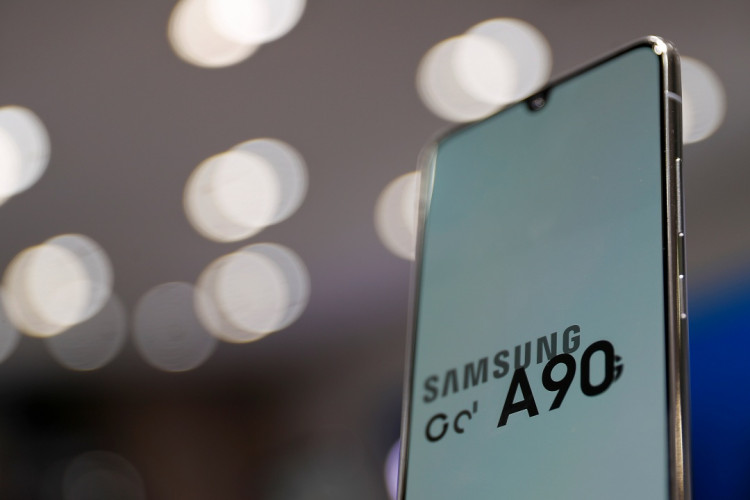South Korean smartphone manufacturer Samsung Electronics previously shut down its in-house smartphone production facilities in China in October. While this was the official end of the company's own manufacturing in the country, it is reportedly now returning some of its production to China in a completely different capacity.
According to reports citing sources familiar with the matter, Samsung is apparently planning to outsource 20 percent of its smartphone production to China next year. The move is likely the company's way of competing with its low-cost Chinese rivals such as Xiaomi and Huawei.
The South Korean giant is reportedly tapping into a number of Chinese manufacturers, including Wintech, to produce its mid-end products. One of the products that are being outsourced includes its Samsung Galaxy A models. Samsung has not revealed the exact volumes involved, but some reports have pegged it be around 60 million units out of the company's 300 million devices next year.
The smartphones will be manufactured by what the company calls its original design manufacturers (ODMs) in China. ODMs often manufacture smartphones for multiple brands, including brands outsides of China. These companies can leverage their massive manufacturing capacities to keep costs down, while at the same time churn out products at rapid paces.
For Samsung, relying on outside help for its production could be a risky move. The company really cannot afford to have another mishap similar to the one that happened with its flagship Galaxy Note 7 in 2016. The scandal that was caused by its exploding flagship smartphone caused the company billions and essentially ruined its reputation in the years that followed.
Just recently, the company was also criticized for the early release of its highly-anticipated folding smartphone. The Galaxy fold was found to have screen defects among other issues, forcing the company to delay its commercial launch.
People close to the company's operations have stated that tight margins for its budget models have forced the company to partner with ODMs to compete with rivals. Industry experts have pointed out that going with ODMs typically results in a 10 to 15 percent reduction in cost per unit when compared to in-house facilities.
Supply chain sources have even claimed that ODMs such as Wingtech can typically produce components that are 30 percent less than what companies pay suppliers or their own factories from other countries such as Vietnam. Wintech has been Samsung's ODM since 2017, producing around 3 percent of its smartphones. According to analysts, that number could increase to as much as 8 percent by the end of the year.






